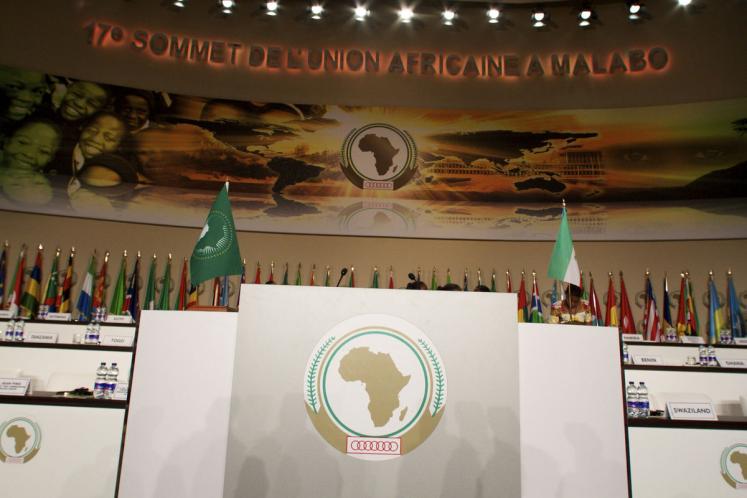The importance of regional approaches to peacebuilding is often recognized in policy documents and public statements, but rarely acted on. Three considerations explain the relevance of regional approaches to peacebuilding: (1) conflicts are rarely isolated within state borders, (2) those who are closer to the problem are often in a better position to understand and influence it, and (3) their proximity ensures that they have a long-term interest in its outcomes. However, this does not mean that regional approaches are automatically benevolent.
Many conflicts today are essentially regional in the sense that their geographical manifestations are not limited or defined by states or state boundaries. It may be useful to think of these as conflict systems whose dynamics are influenced by shared ethnic, language or religious identities, such as the Tuareg people in the Sahel or Somali speakers in the Horn of Africa. In some cases these groups share common political goals, or have a shared experience of marginalization in their respective states. Often there are regional dynamics that feed on and further modulate these tensions, such as the current spate of narcotics-based trans-national organized crime syndicates in West Africa, that use these shared identity networks to smuggle goods and people across national borders.
Another manifestation across North Africa, the Sahel, around Lake Chad and in the Horn of Africa is the inter-linkages between center-periphery marginalization and the growing popularity of radical Islamist movements. These border regions are often poorly governed, if not abandoned, which makes it that much easier for these groups to organize themselves in total disregard of the (in reality non-existent) national borders between these countries.
In these contexts regional approaches to peacebuilding are needed because these conflicts are interlinked and interrelated. Many of the effects of these conflicts, such as refugees, international migration, and the smuggling of weapons and other illicit goods, are also regional in their manifestation and neighbours are often most affected, and thus also have the most direct interest to see them resolved.
State-based approaches to analyse, prevent, manage or resolve these conflicts within sovereign borders cannot succeed on their own as it is the inter-linkages between the various regional actors and the cross-border dynamics in the regional conflict system, that drive these conflicts. International and regional responses need to be informed by analyses that take these regional dynamics into account, and political and programmatic responses need to be designed to influence and leverage these complex conflict systems.
In some cases neighbours or others in the region are party to the conflict or benefit from it in ways that may not make them desirable partners in a peacebuilding initiative. Regional approaches are not automatically better than international approaches. However, the tendency of the international system to favour larger, better-known and more visible international and regional organizations may not be the best approach either. Each situation is unique and requires independent analysis.
The UN, in particular, should guard against assuming that it, or its Member States, is the best actor in all circumstances. International and regional bodies are more powerful in setting global and regional agendas, and if local and sub-regional voices are not protected and safeguarded, there is a danger that top-down approaches may ignore the nuance that regional approaches may offer. Top-down approaches tend to produce the opposite of what peacebuilding aims to achieve; they interrupt local feedback processes, prevent local social institutions from learning, generate dependence, and undermine self-sustainability.
As a general rule, those closer to the problem are likely to have more insight into the local and regional dynamics at play. The further away one zooms out from the locus of the conflict, the more additional factors and interests come into consideration. A rule of thumb for regional approaches to conflict resolution would be to assign the most tactical and practical mediation and peacemaking roles to those closer to the problem. Regional and international levels could coordinate operational and financial support and ensure that the international strategic effort is aligned to a coherent framework that encompasses international, regional and local initiatives.
This article is an adaptation of a longer paper on regional approaches to peacebuilding.
Suggested citation: Cedric de Coning., "The Value of Regional Approaches to Peacebuilding," UNU-CPR (blog), 2015-04-27, https://unu.edu/cpr/blog-post/value-regional-approaches-peacebuilding.




